Training an older dog presents unique challenges but also offers wonderful opportunities for bonding and mental stimulation. While the saying ‘you can’t teach an old dog new tricks’ persists, modern dog training methods prove this completely false. In fact, senior dogs often bring patience and focus to training sessions that puppies might lack.
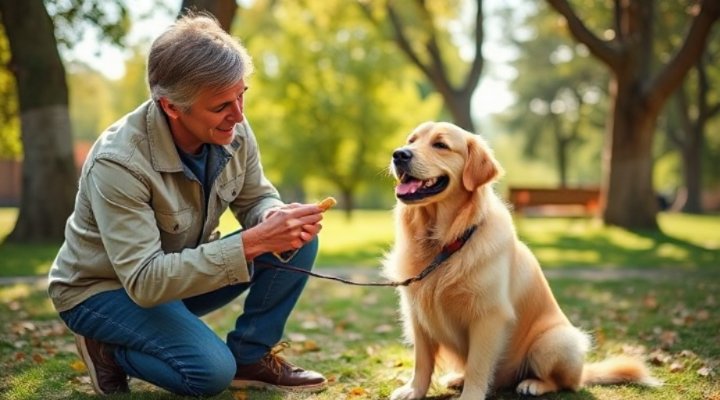
Understanding the Older Dog’s Learning Process
Before diving into training techniques, it’s crucial to understand how aging affects your dog’s ability to learn. Older dogs may experience reduced hearing or vision, arthritis, or cognitive changes. However, they compensate with life experience and often a stronger desire to please their humans. The key is adapting your approach to their individual needs.
For example, if your dog has hearing loss, you might switch to hand signals. Our article on deaf dog training tips offers excellent guidance for visual communication methods.
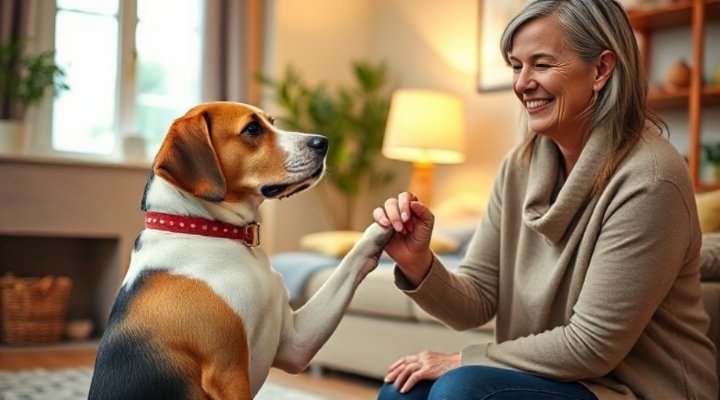
Essential Techniques for Training Older Dogs
1. Patience Above All
Training an older dog requires extra patience. Sessions should be shorter (10-15 minutes) and more frequent rather than long marathons that might tire them out. Remember, they’re not being stubborn – they may just need more time to process and respond.
2. Positive Reinforcement Works Wonders
Positive reinforcement isn’t just for puppies! Older dogs respond beautifully to rewards like treats, praise, or petting. The American Kennel Club’s guide on training older dogs emphasizes using high-value treats to motivate senior pups.
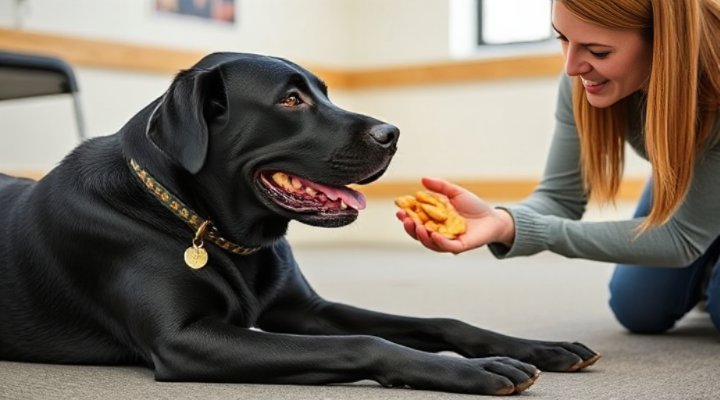
3. Adapt Exercises for Physical Limitations
If your older dog has arthritis or mobility issues, modify exercises accordingly. Instead of ‘sit pretty,’ maybe work on gentle stretching. Our crate training guide for older dogs shows how to make confined spaces comfortable for senior pets.
Addressing Common Behavioral Challenges
Many owners seek training for older dogs to address specific issues that may have developed over time. Here are solutions for two common challenges:
House Training Refreshers
If your previously house-trained senior is having accidents, first rule out medical issues with your vet. Then, return to basics with frequent potty breaks and positive reinforcement. The potty training older dogs guide offers step-by-step solutions.
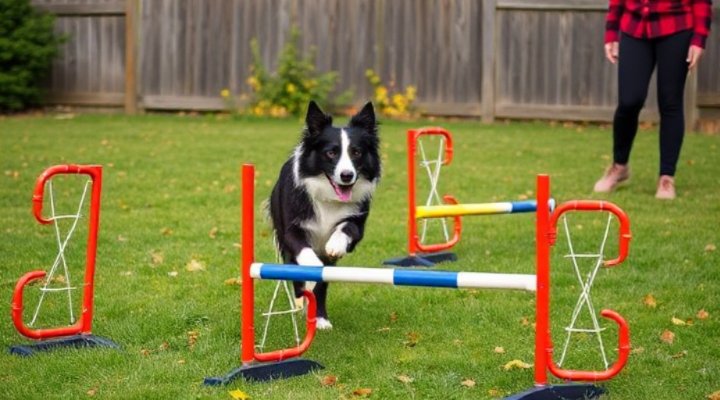
Leash Manners for Senior Dogs
Even older dogs can learn polite leash walking! Start with comfortable gear (maybe a harness instead of collar) and short, positive sessions. For more tips, see our guide to training dogs to walk on leash.
The Joy of Teaching New Tricks
Don’t underestimate your older dog’s ability to learn fun new behaviors! Simple tricks like ‘shake,’ ‘spin,’ or ‘find it’ provide mental stimulation and strengthen your bond. I’ll never forget how my 12-year-old Labrador, Max, learned to ‘play dead’ in just two weeks – proving age truly is just a number!
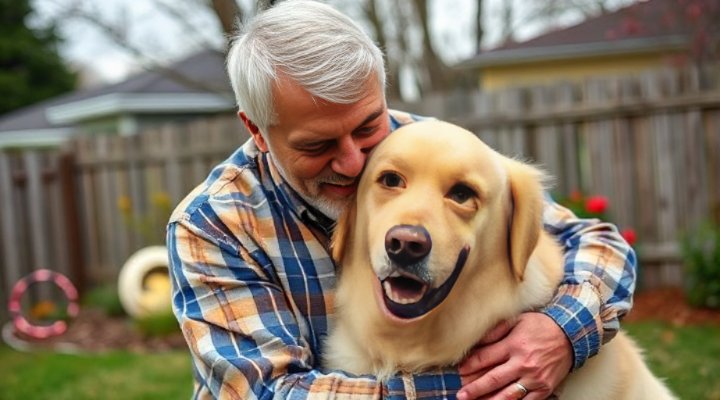
When to Seek Professional Help
If you’re struggling with training an older dog, don’t hesitate to consult a professional. A qualified dog trainer can assess your dog’s specific needs and create a customized plan. The ASPCA’s resources on older dog behavior also offer valuable insights.
Remember, training an older dog isn’t about perfection – it’s about communication, companionship, and keeping their golden years fulfilling. With patience, adaptation, and plenty of love, you and your senior pup can enjoy this journey together.
Related Keywords: senior dog training, older dog behavior modification, teaching old dogs new tricks, adapted dog training methods, positive reinforcement for senior dogs

